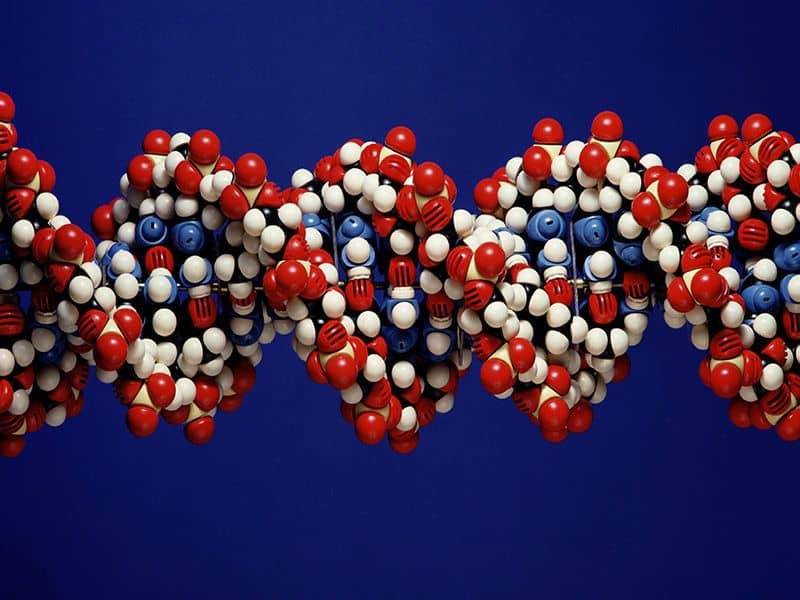WEDNESDAY, May 30, 2018 (HealthDay News) — Genomic medicine is likely to help clinical care shift from a reactive to a proactive approach, especially in the field of cardiovascular medicine, according to a scientific statement from the American Heart Association published online May 29 in Circulation: Genomic and Precision Medicine.
Kiran Musunuru, M.D., Ph.D., M.P.H., from the University of Pennsylvania in Philadelphia, and colleagues discuss the potential impact of genomic medicine on cardiovascular health.
The authors note that new interdisciplinary models are likely to represent the future of research in genomic medicine. These models should include scientists and clinicians acting together to make genomic discoveries and apply them in the clinic for prediction, prevention, diagnosis, prognosis, and treatment of cardiovascular diseases and stroke. Genomic medicine will help shift clinical care from reactive to proactive. Genomic testing is likely to be done early in life, before a patient is sick. Many patients may be routinely undergoing different types of genomic testing within two decades; this testing may involve DNA variants that have pharmacogenomic implications, plasma proteomic and metabolomic profiles, and the gut microbiome. Patients may also undergo periodic metabolic and fitness testing. Reactive point-of-care genomic testing should still have an important role in certain situations, such as during acute coronary syndrome, in order to more accurately prognosticate patient outcomes and choose the optimal therapy approach.
“The promise of genomic medicine is to be able to use a patient’s specific genetic material to make a personalized forecast of their risk for heart disease, and if they develop disease, predict its course and determine the particular medications that are more likely to help with their disease,” Musunuru said in a statement.
Several authors disclosed financial ties to the life science or pharmaceutical industry.
Copyright © 2018 HealthDay. All rights reserved.



